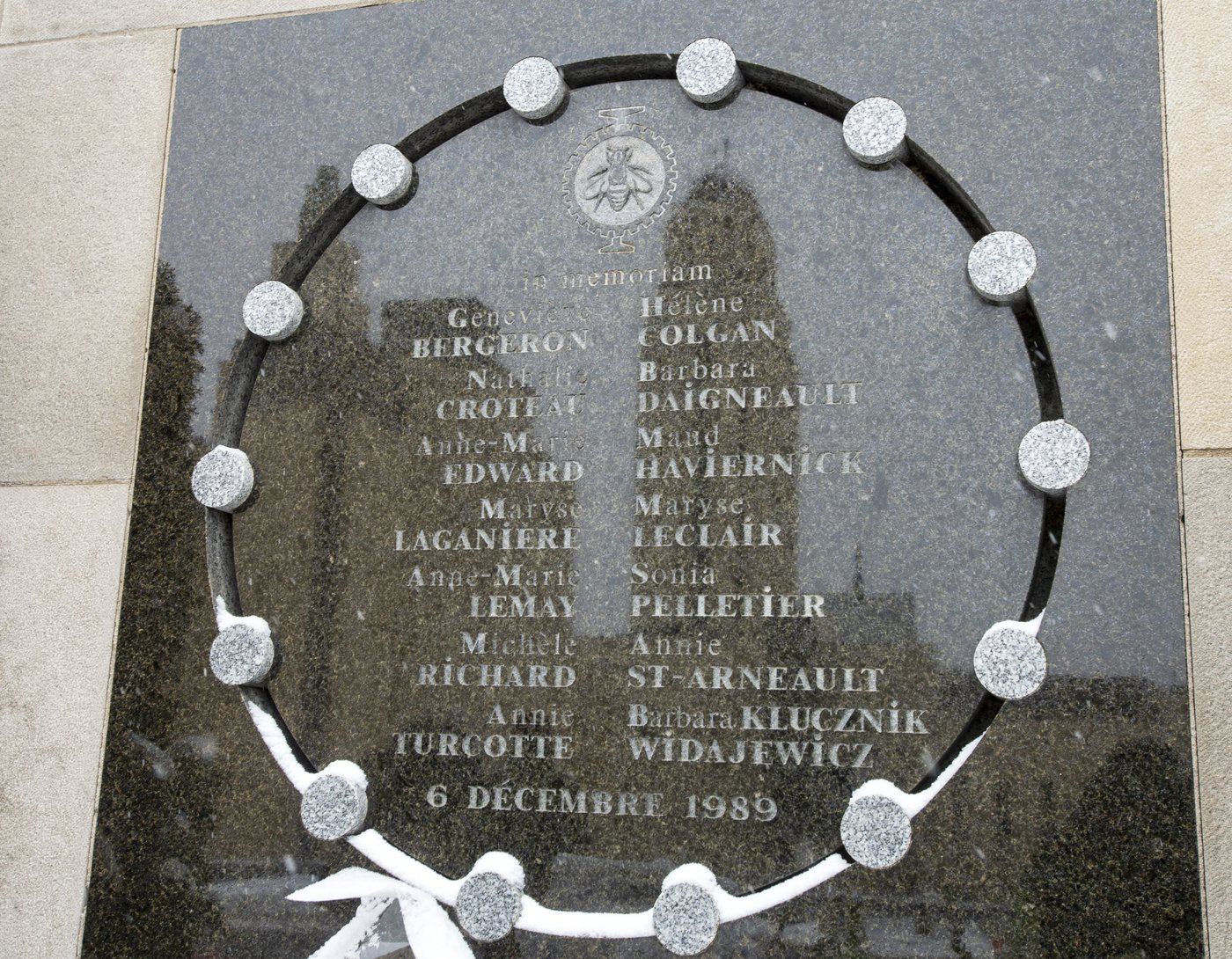VICTORIA – A new case of chronic wasting disease, an incurable illness that has the potential to decimate deer populations, has been identified in British Columbia.
The B.C. Ministry of Water, Land and Resource Stewardship says the discovery of the infection in a white-tailed deer hunted in the Kootenay region last month brings the total number of confirmed cases in the province to three, after two cases were confirmed in February.
It says testing by a Canadian Food Inspection Agency lab confirmed the latest infection on Wednesday.
The ministry says the new case occurred within two kilometres of one of the earlier infections in a white-tailed deer near Cranbrook.
Wasting disease affects deer, elk, moose and caribou. It attacks their central nervous system and causes cell death in the brain.
The ministry says there is no treatment or vaccine and the disease is always fatal.
The ministry says there is no direct evidence the disease can be transmitted to humans, but Health Canada recommends people do not eat meat from an infected animal, since cooking is not able to destroy the abnormal protein that causes the illness.
In July, the B.C. government introduced mandatory testing for the disease in deer, elk and moose killed in certain zones in the Kootenay region.
The first two cases identified in B.C. were a male mule deer killed by a hunter and a female white-tailed deer killed in a road accident.
Other steps included removing urban deer from Cranbrook and Kimberley.
This report by The Canadian Press was first published Nov. 21, 2024.
